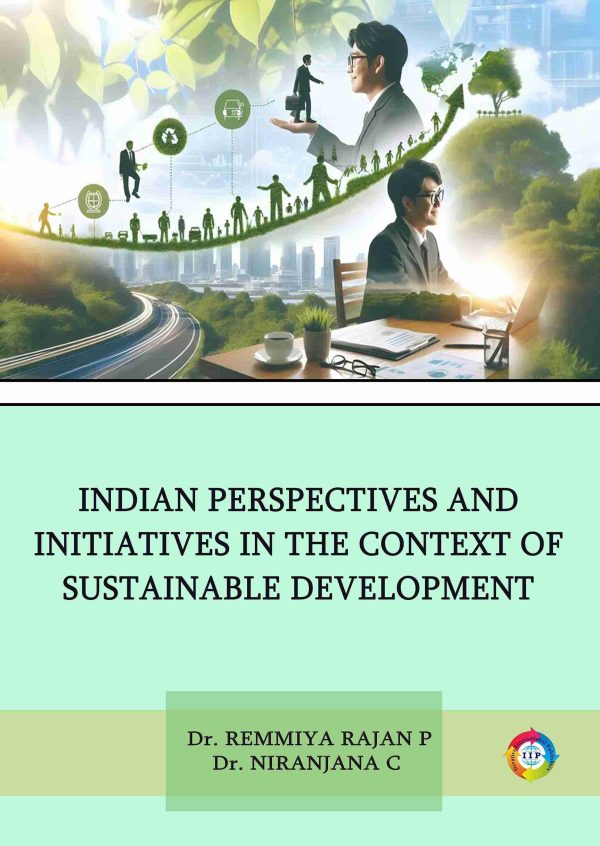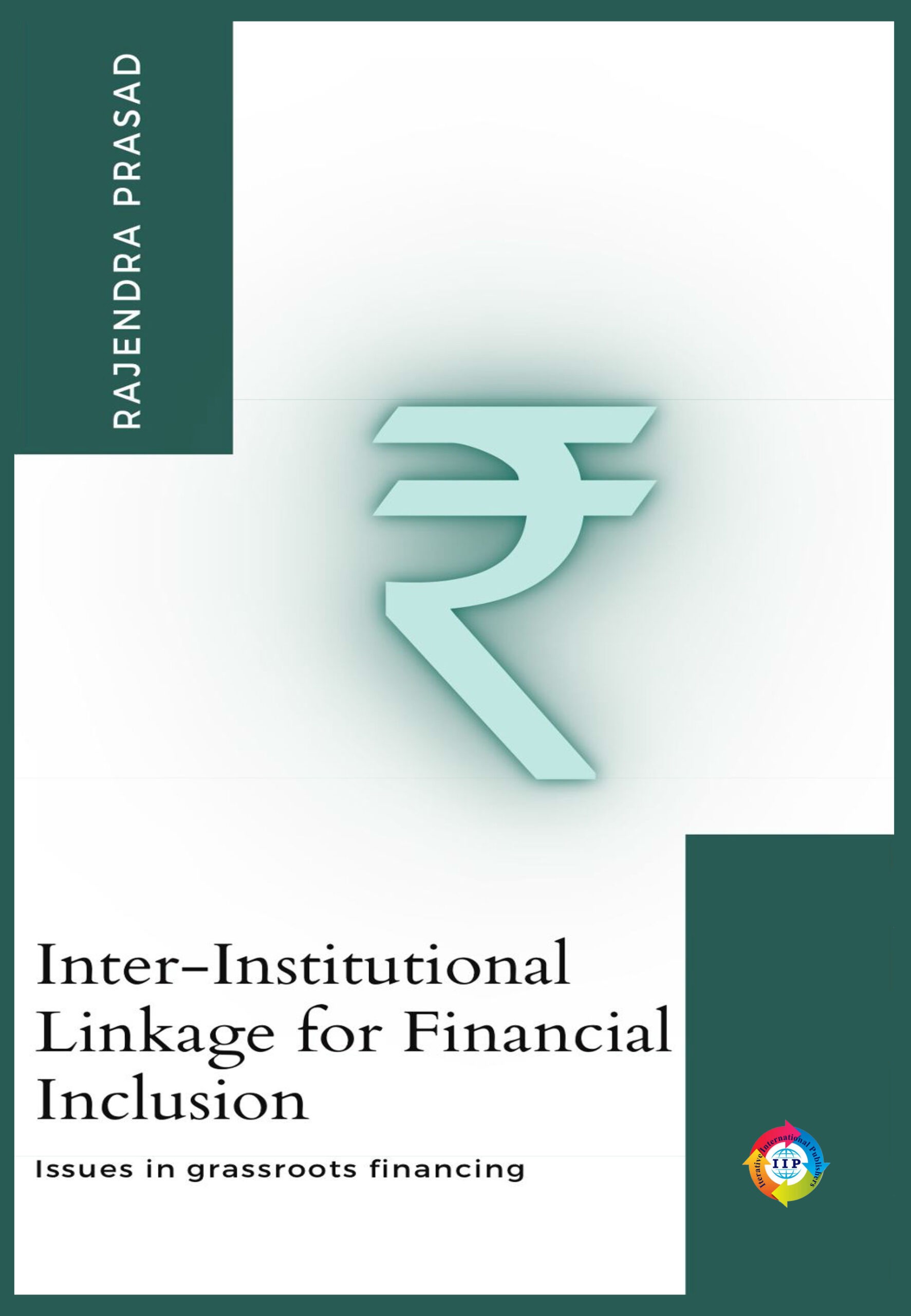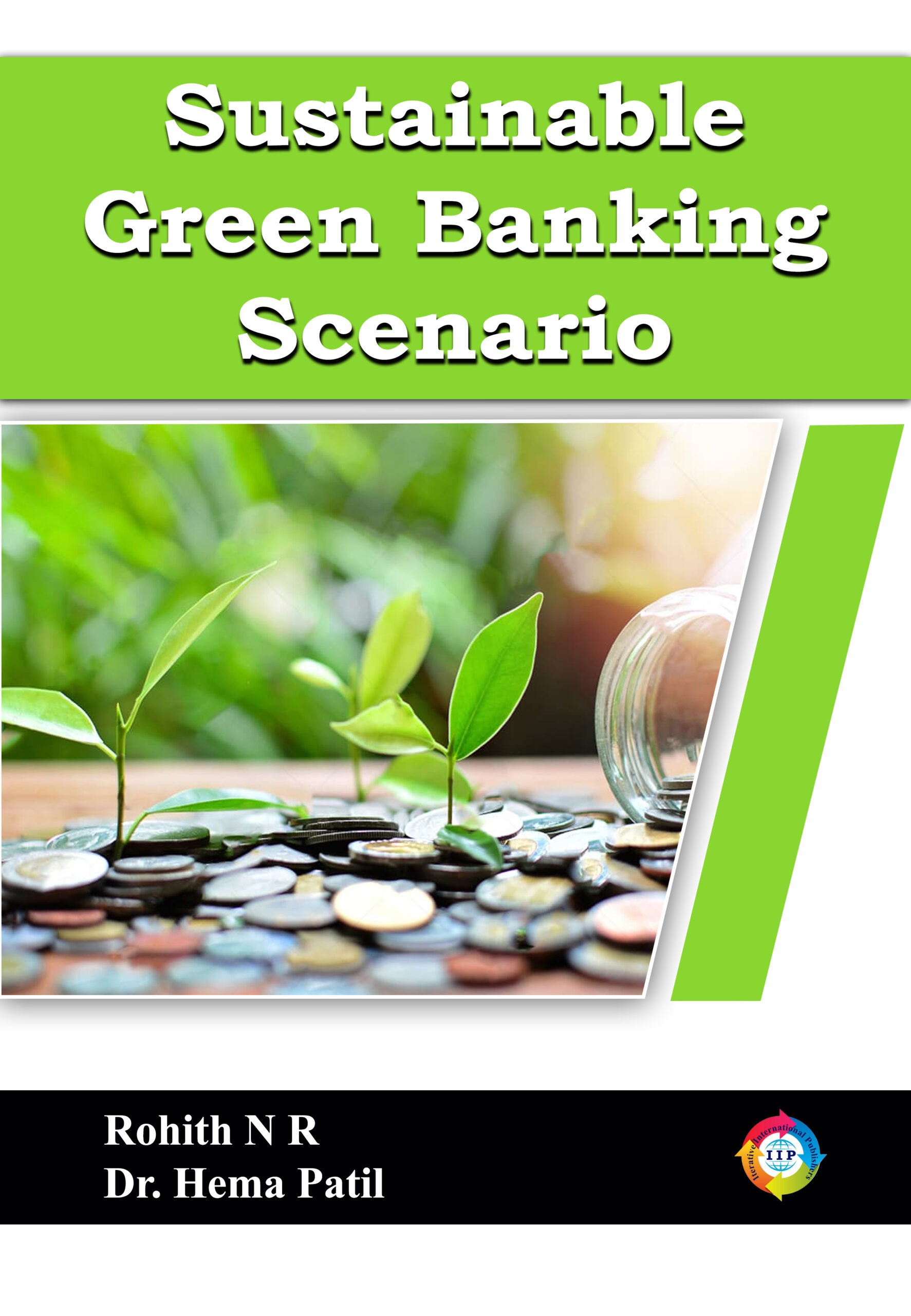This book titled Indian Perspectives and Initiatives in the Context of Sustainable Development is an India’s approach to the Sustainable Development Goals (SDGs) which is both comprehensive and ambitious, reflecting its vast and diverse socio-economic landscape. As a leading developing country, India has undertaken various initiatives and adopted numerous strategies to align its development agenda with the SDGs. These efforts span across different sectors such as energy, water, health, education, and economic growth, aiming at inclusive and sustainable development. Here are some key perspectives and initiatives. National Development Agenda India has closely aligned its national development agenda with the SDGs. The country’s flagship programs, such as ‘Swachh Bharat Abhiyan’ (Clean India Mission) for sanitation, ‘Pradhan Mantri Jan DhanYojana’ (Prime Minister’s People Money Scheme) for financial inclusion, and ‘SaubhagyaYojana’ for electricity to all, directly contribute to achieving multiple SDGs. NITI Aayog’s Role plays a pivotal role in coordinating and monitoring the implementation of SDGs at national and sub-national levels. It has developed the SDG India Index & Dashboard as a comprehensive tool to assess states’ and union territories’ progress towards SDGs Climate Action and Renewable Energy. India has made significant commitments to combat climate change, integral to achieving the SDGs. The International Solar Alliance (ISA), co-founded by India, aims to promote solar energy globally, especially in developing countries, to meet the Paris Agreement targets. Furthermore, India has set ambitious targets for renewable energy generation, aiming to achieve 450 GW of renewable energy capacity by 2030. Financial Inclusion and Economic Growth Initiatives like ‘Digital India’ and ‘Make in India’ are aimed at promoting economic growth and sustainable industrialization, which are critical for poverty alleviation (SDG 1) and promoting inclusive economic growth (SDG 8). Moreover, programs like ‘MUDRA Yojana’ facilitate micro-finance to small businesses, supporting SDG 9 (Industry, Innovation, and Infrastructure). Health and Well-being to advance SDG 3 (Good Health and Well- being), India launched the ‘Ayushman Bharat’ program, the world’s largest health insurance scheme, aimed at providing health cover to over 500 million citizens. Thisinitiative is crucial for reducing the economic burden of healthcare on India’s poor and vulnerable populations. Education for All, The ‘SarvaShikshaAbhiyan’ and the more recent ‘New Education Policy’ emphasize inclusive education, aiming to significantly improve the quality of education (SDG 4). These policies focus on reducing dropout rates and improving educational outcomes across the country. Environmental Sustainability efforts such as the ‘NamamiGangeProgramme’ for cleaning the Ganges river and the ‘Compensatory Afforestation Fund Management and Planning Authority’ (CAMPA) for afforestation activities underline India’s commitment to environmental sustainability (SDG 15) and clean water and sanitation (SDG 6). India’s pursuit of the SDGs is characterized by its efforts to balance economic growth with environmental sustainability and social inclusion. While significant challenges remain, particularly in terms of regional disparities, governance, and resource mobilization. India’s initiatives reflect a strong commitment to the global SDG agenda.









Reviews
There are no reviews yet.